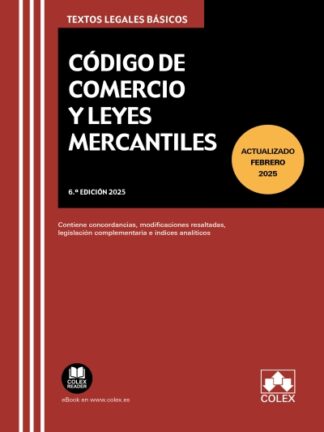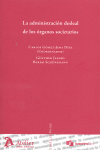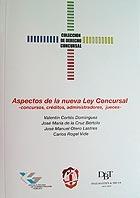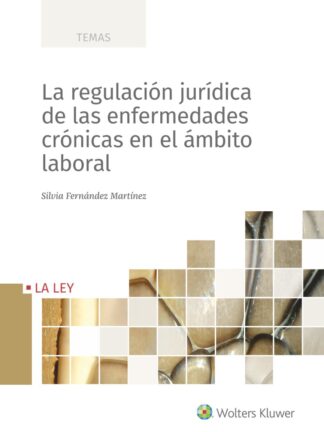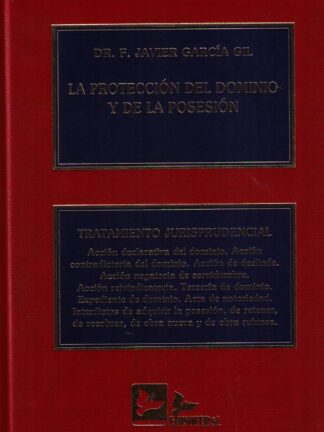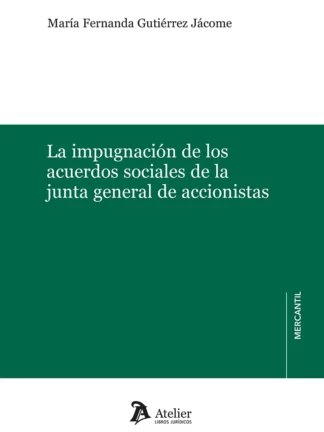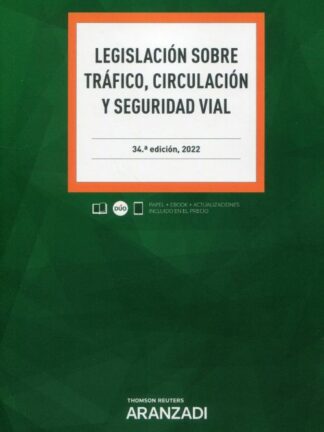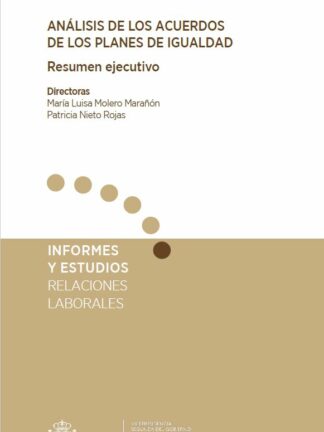Descripción
El régimen de intervención sobre el gobierno corporativo de la banca ha sufrido relevantes alteraciones en los últimos años, pues se ha entendido que su debilidad facilitó una excesiva e imprudente asunción de riesgos, incrementando el impacto de la última crisis financiera. De este modo, junto con la europeización de potestades, consecuencia de la implantación del Mecanismo Único de Supervisión, se ha producido una progresiva publificación del gobierno corporativo de las entidades de crédito, operado a través de la introducción de nuevas, y muy rigurosas, disposiciones jurídico-administrativas en ámbitos tradicionalmente reservados al derecho privado. Disposiciones, estas, cuyo cumplimiento, además, es objeto de vigilancia por parte de autoridades públicas. En este contexto de cambio, el presente trabajo pretende proporcionar al lector un conjunto ordenado de conocimiento, que permita un provechoso acercamiento al control del gobierno corporativo de las entidades de crédito de la Unión Europea, así como a los problemas que el mismo plantea. Así, a lo largo de la obra, se pondrá el foco sobre los aspectos más controvertidos que plantea la nueva situación, tratando de brindarse algunas soluciones interpretativas. En particular, se abordarán en profundidad aspectos tales como el fundamento que justifica la intervención pública sobre el gobierno interno de las entidades de crédito, las disfunciones que esta intervención puede causar o la distribución de funciones de fiscalización entre el Banco Central Europeo y los supervisores nacionales. Asimismo, se analizará el régimen jurídico actualmente vigente en sede de gobierno corporativo de la banca, desarrollándose las concretas obligaciones y requisitos que se imponen por la regulación sobre las más variadas áreas, como las de estructuras, procedimientos, gestión de riesgos, idoneidad, remuneraciones o transparencia.
Part One
Understanding the Cycles of Constitutional Time
Chapter One: The Recent Unpleasantness
A. Thinking in Terms of Cycles
B. The Framework of the Argument
Chapter Two: The Cycle of Regimes
A. Where Are We in Political Time?
B. The Waning of Poltical Time
C. Trump as the Great Reviver?
Chapter Three: The Cycle of Polarization
A. The Long Cycle of Polarization
B. Polarization in the Reagan Regime
C. Is Polarization Permanent?
Chapter Four: Constitutional Crisis
Chapter Five: The Cycle of Constitutional Rot and Renewal
A. Republican Insurance
B. The Four Horsemen of Constitutional Rot
C. The Political Economy of Republican Government
D. Constitutional Rot Produces Demagogues
E. A Demagogue for Our Times
F. The Acceleration of Constitutional Rot
G. The Bad News—and the Good News
Part Two
The Cycles of Judicial Review
Chapter Six: Judicial Review in the Cycles of Constitutional Time
A. Judicial time
B. The political supports for judicial review
C. Partisan entrenchment: judicial review and the party system
Chapter Seven: How the Rise and Fall of Regimes affects Judicial Review
A. Three questions about judicial review
B. Judicial review in the life-cycle of a political regime
C. The causes of change
D. Judicial review on the cusp of a new regime
Chapter Eight: The Role of Constitutional Theory in the Cycle of Regimes
A. The cycle of regimes and living constitutionalism
B. The cycle of regimes and originalism
C. The return of liberal skepticism about judicial review
D. Looking ahead
Chapter Nine: How Cycles of Polarization and Depolarization Shape the Exercise of Judicial Review
A. The judiciary in a depolarized world
B. The changing audience for judges
C. The end of elite consensus
D. The breakdown of the Carolene Products model
E. The collapse of the distinction between high and low politics
F. Disciplining «outliers» makes less sense
G. The federal judiciary as policy vanguard
H. The stakes of judicial appointments in a polarized world
Chapter Ten: Law in the Time of Constitutional Rot
A. Courts and party politics in an age of constitutional rot
B. Polarization limits judges’ abilities to recognize and halt constitutional rot
C. Judicial decisions can exacerbate constitutional rot by increasing economic inequality
D. Rot increases as courts become the policy vanguard
E. Rot generates constitutional hardball, which further undermines trust in the courts
F. Courts cannot protect democracy because they do not agree about what it is
G. Constitutional rot generates a «reverse-Carolene Products» effect
Chapter Eleven: Judicial Politics and Judicial Reform
A. Judicial politics in the next regime
B. Reforming the Supreme Court
Part Three:
Conclusion
Chapter Twelve: The Turn of the Cycles
A. How Polarization Leads to Disjunction
B. A New Regime without a Social Movement Party
C. The New Party Configuration
D. The Limits of a Cosmopolitan Party
E. How Constitutional Rot Ends
Acknowledgments
Index
Jack M. Balkin, Knight Professor of Constitutional Law and the First Amendment, Yale Law School
Jack M. Balkin is Knight Professor of Constitutional Law and the First Amendment at Yale Law School. He is the founder and director of Yale’s Information Society Project, an interdisciplinary center that studies law and new information technologies. He also directs the Abrams Institute for Freedom of Expression, and the Knight Law and Media Program at Yale. Balkin is a member of the American Academy of Arts and Sciences and is the founder and editor of the group blog Balkinization. He is the author of over one hundred thirty articles and the author or editor of fourteen books, including Democracy and Dysfunction (University of Chicago Press, with Sanford Levinson), Living Originalism (Harvard, Belknap Press), and Constitutional Redemption (Harvard)


